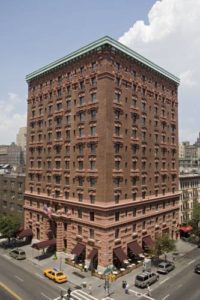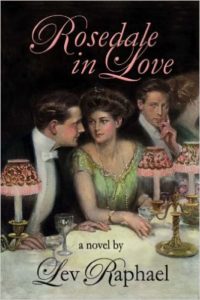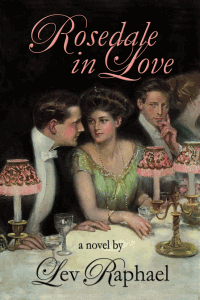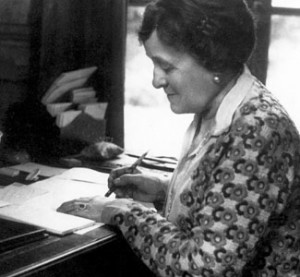Agatha Christie has been in the news lately along with other authors as someone whose “potentially objectionable” comments about characters needed to be censored for contemporary audiences. Several of her novels have been rewritten by her publisher, as reported in The Guardian:
[The] edits cut references to ethnicity, such as describing a character as black, Jewish or Gypsy, or a female character’s torso as “of black marble” and a judge’s “Indian temper”, and removed terms such as “Oriental” and the N-word. The word “natives” has also been replaced with the word “local.”
Sure enough, this new collection of short stories seems to mock gay men and has a “fat Jewish woman” and “Asian” is used as a pejorative. Moments like that might give you pause–or you might just accept them as representative of her time and her class. Will they spoil your enjoyment of these light summer reads? I long ago accepted her antisemitism as par for the course in The Gilded Age and in her social milieu. My appreciation of her work inspired me to write three books including one of my best-known mysteries, The Edith Wharton Murders.
Christie is the first mystery novelist I read way back in junior high school and though she might make me occasionally wince, I’ve always relished her clever plots and her keen attention to incongruity in dialogue and action. She’s masterful in that regard and often very entertaining. Her satire of Brits abroad is always delicious, as in “The Oracle at Delphi”:
Mrs. Peters had tried hard to take an interest in Ancient Greece, but she found it difficult. Their statuary seemed so unfinished; so lacking in heads and arms and legs. Secretly, she much preferred the handsome marble angel complete with wings which was erected on the late Mr Willard Peters’ tomb.
We of course find Miss Marple here, in the very well-plotted–if not quite believable–tale The Blood-Stained pavement, remarking as usual that “There is a great deal of wickedness in village life.” Poirot’s little grey cells are keenly at work in a story whose title is perhaps too much of a giveaway, but is diverting anyway: “The Double Clue.” Poirot also solves a case without leaving his home in “The Disappearance of Mr. Davenheim,” demonstrating the superiority of thought over feeling once again. But Miss Marple can do something similar elsewhere in the collection, based as always on her keen observation of human nature.
Throughout the collection, the characters are described briskly and the dialogue is well-tuned. There’s sometimes the whiff of port and cigars shared by an after-dinner raconteur and you might feel you’re enjoyably back in the Edwardian era of a ghost story-telling.
The best story is the fast-paced and highly amusing “Jane in Search of a Job” about a young women hired under unusual circumstances. It’s got some lovely twists and tart observations like this:
In moderation Jane did not object to crime. The papers had been full lately of various girl bandits. Jane had seriously thought of becoming one herself if all else failed.
As with other new Christie titles published by Morrow, the book is beautifully produced with a pleasingly readable type font and an attractive cover. Though Morrow’s volume of ghost stories released last Fall for Halloween is somewhat more entertaining, it’s still a fun, quick read for fans of the Queen of Mystery.
Lev Raphael was the longtime crime fiction reviewer for the Detroit Free Press and is the author of ten Nick Hoffman mysteries set in contemporary academia.

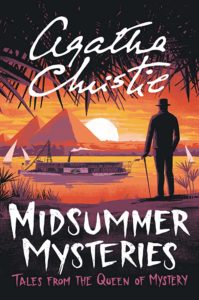
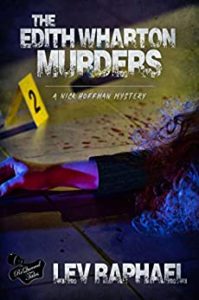
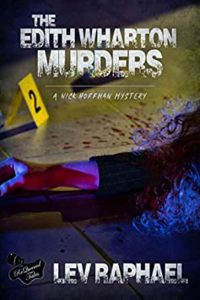
![Let's Get Criminal (A Nick Hoffman / Academic Mystery Book 1) by [Raphael, Lev]](https://images-na.ssl-images-amazon.com/images/I/51XBc67CaNL._SY346_.jpg)
![Winter Eyes (coming out novel) by [Raphael, Lev]](https://images-na.ssl-images-amazon.com/images/I/51mddPEIgGL.jpg)

